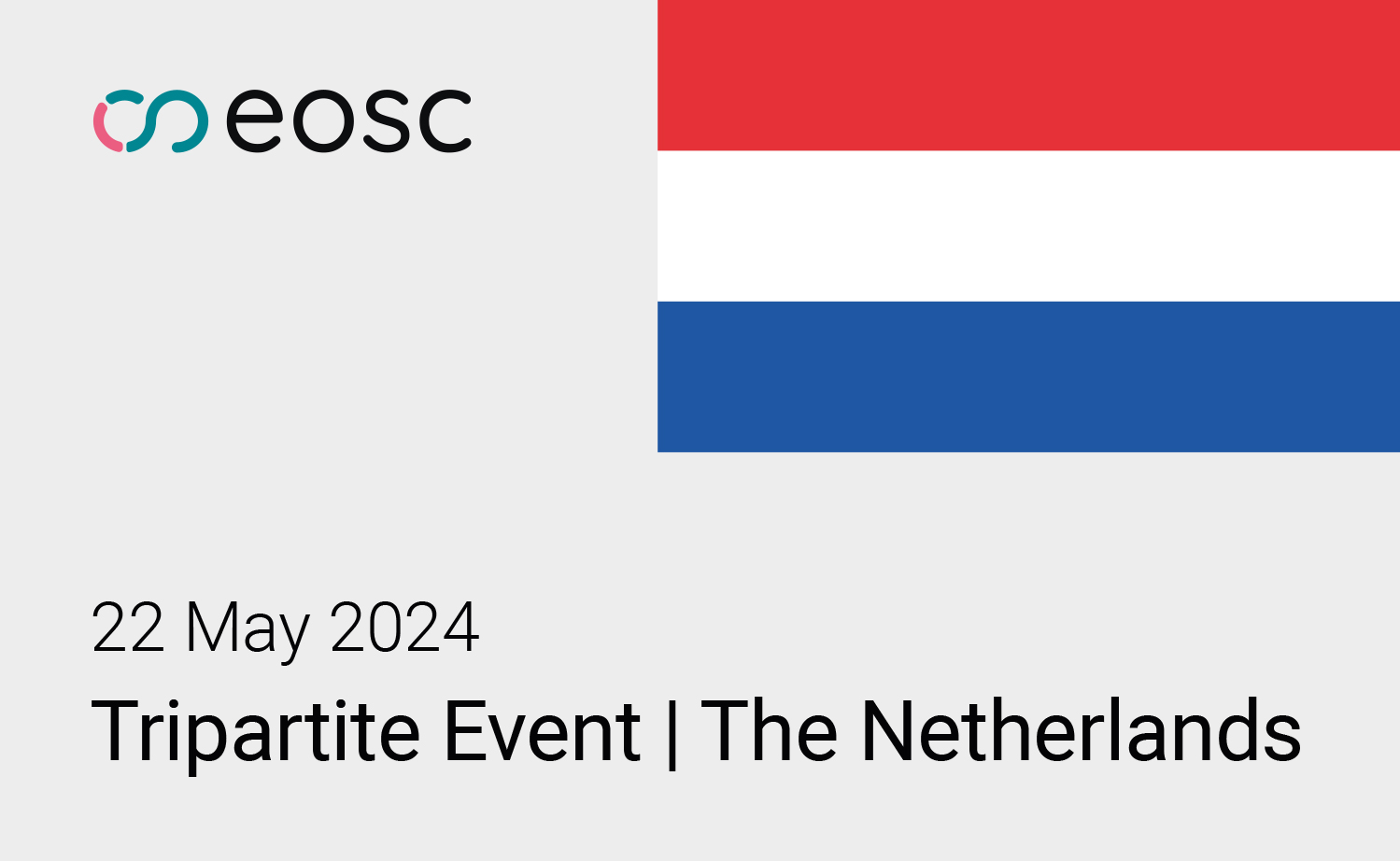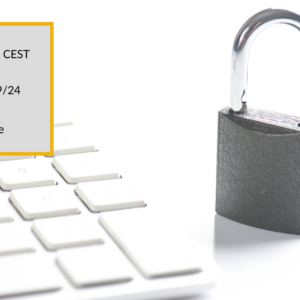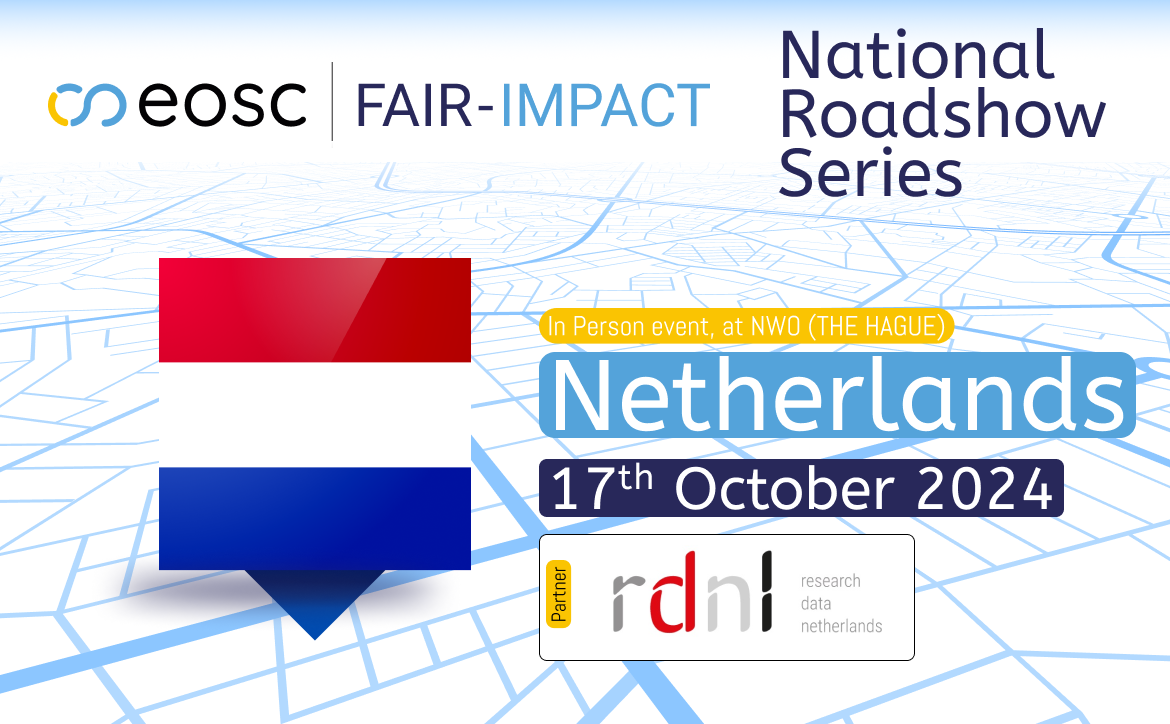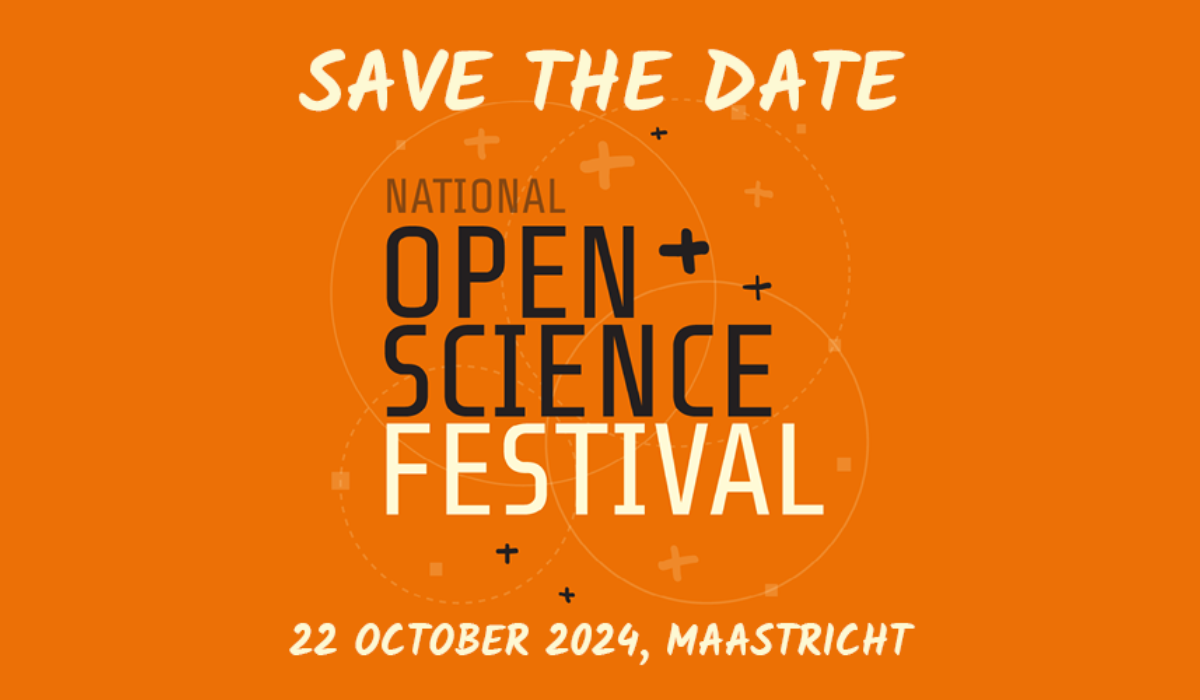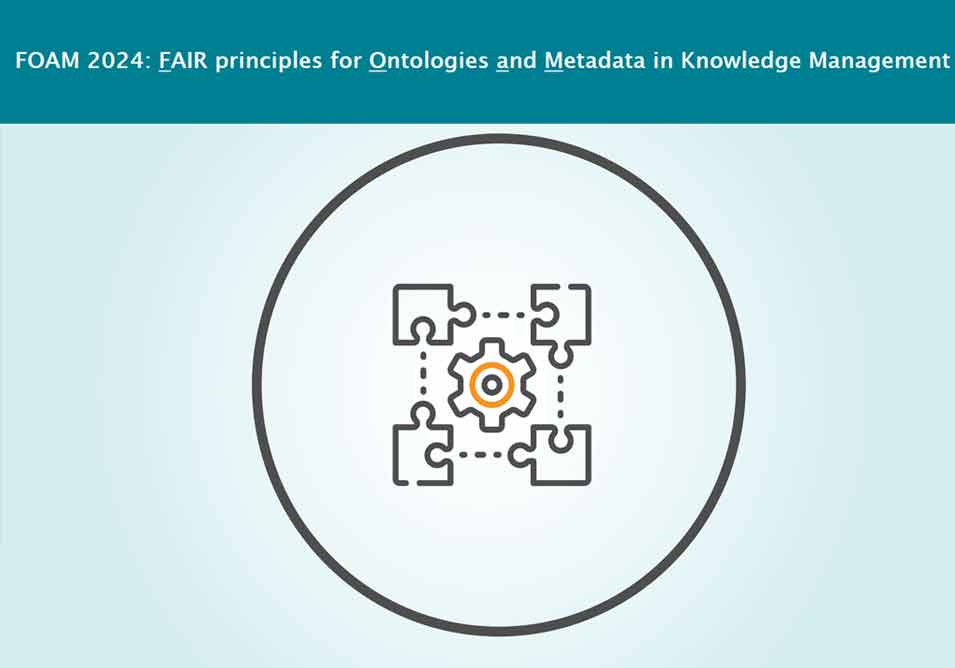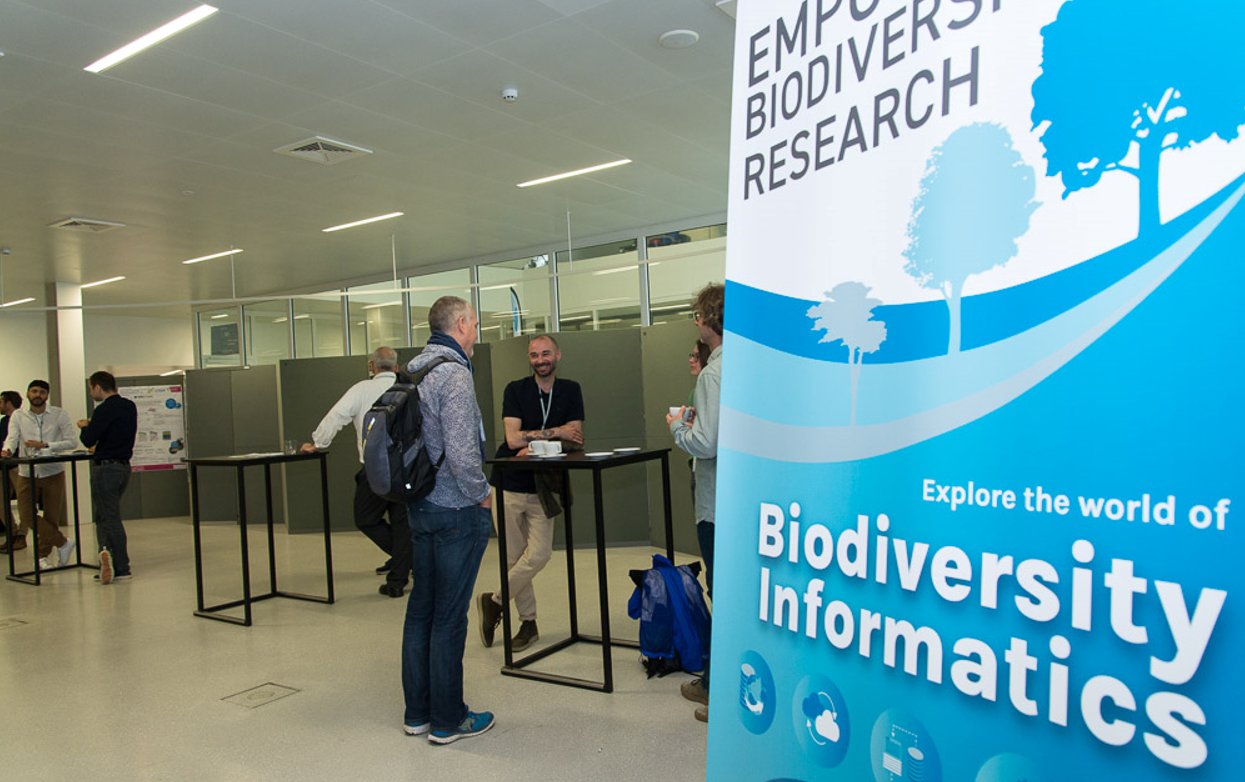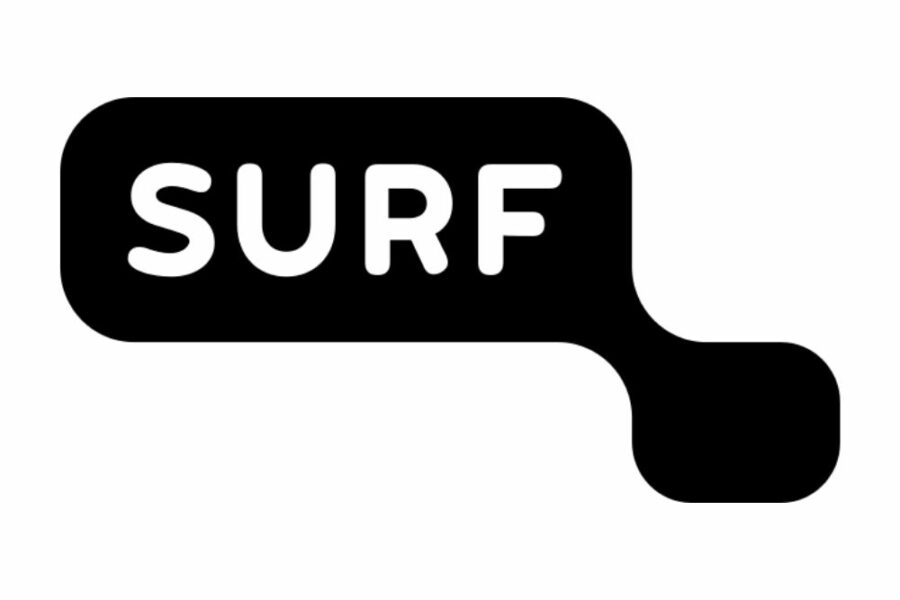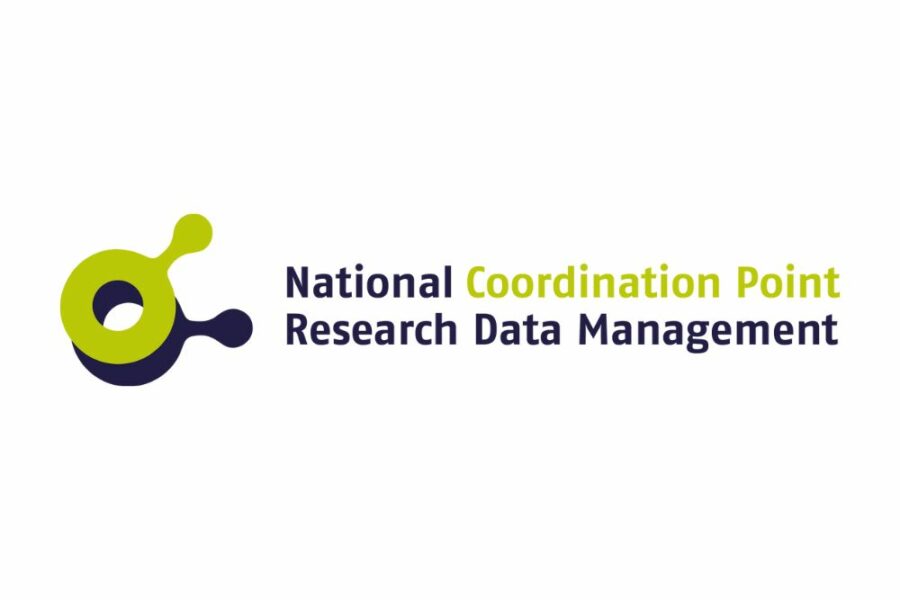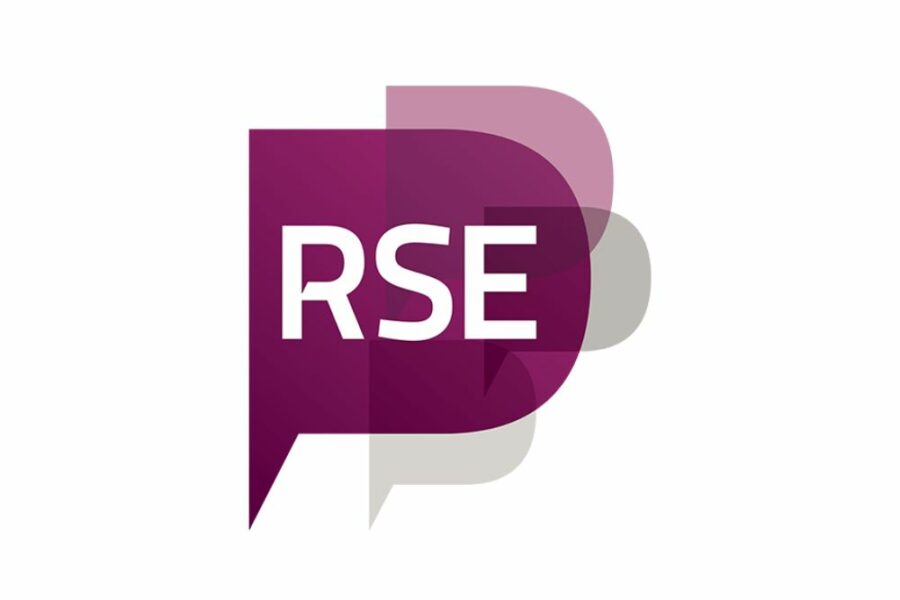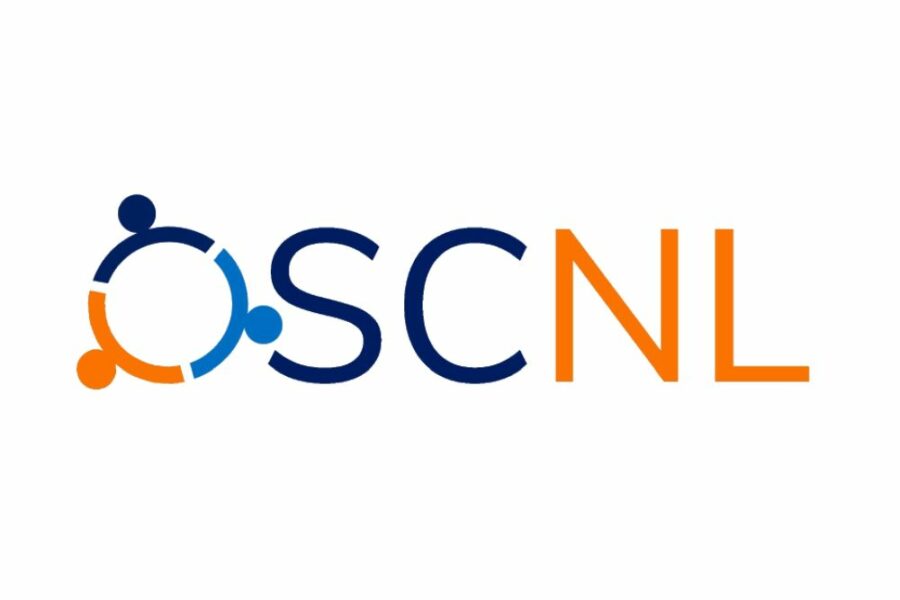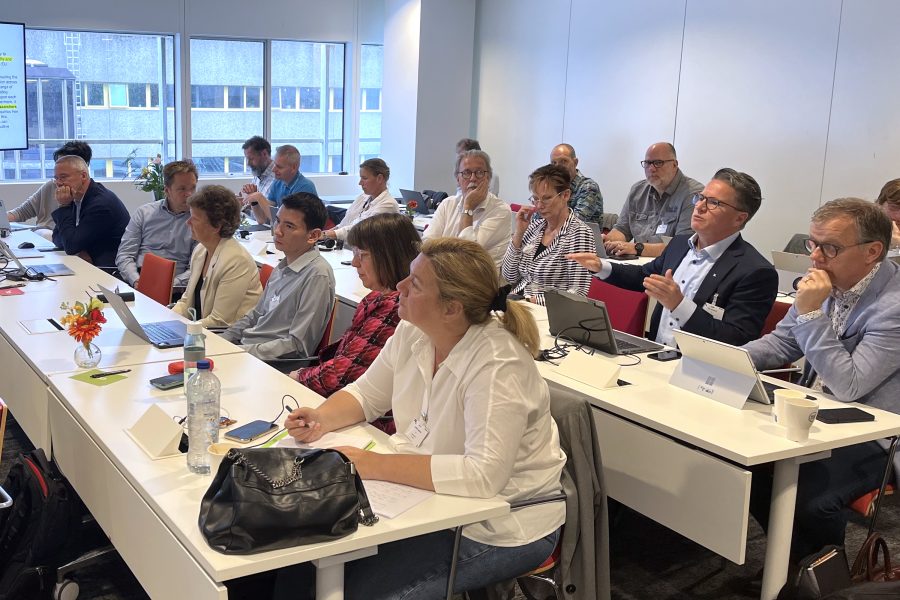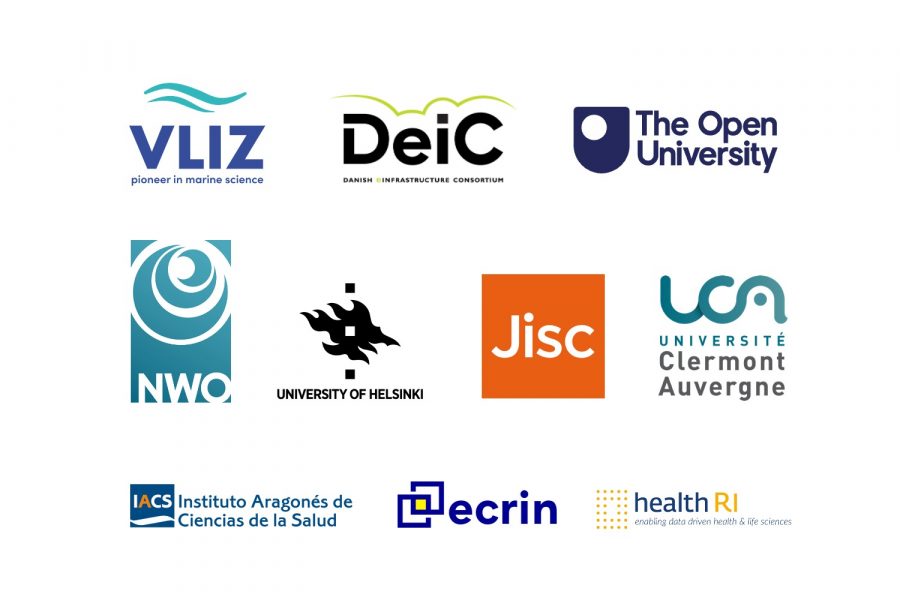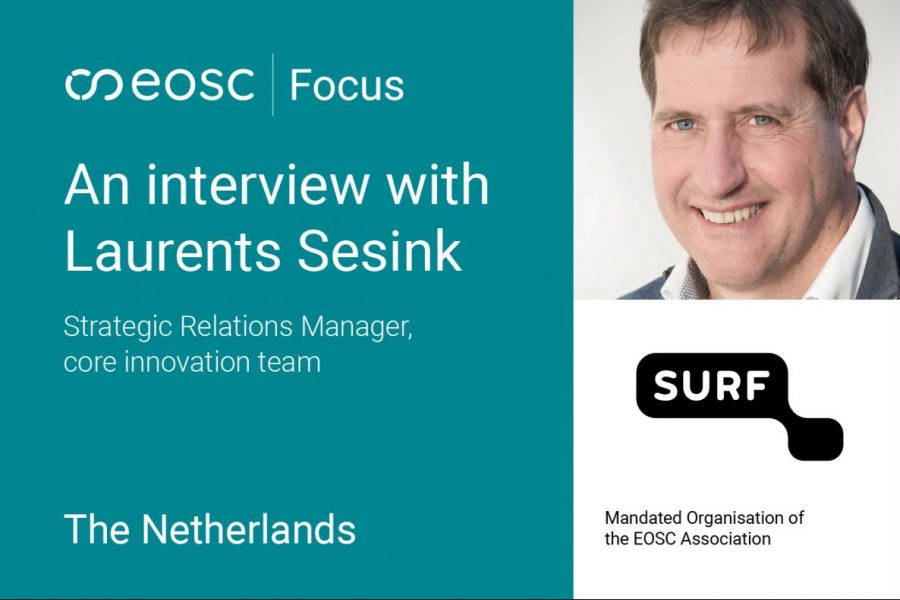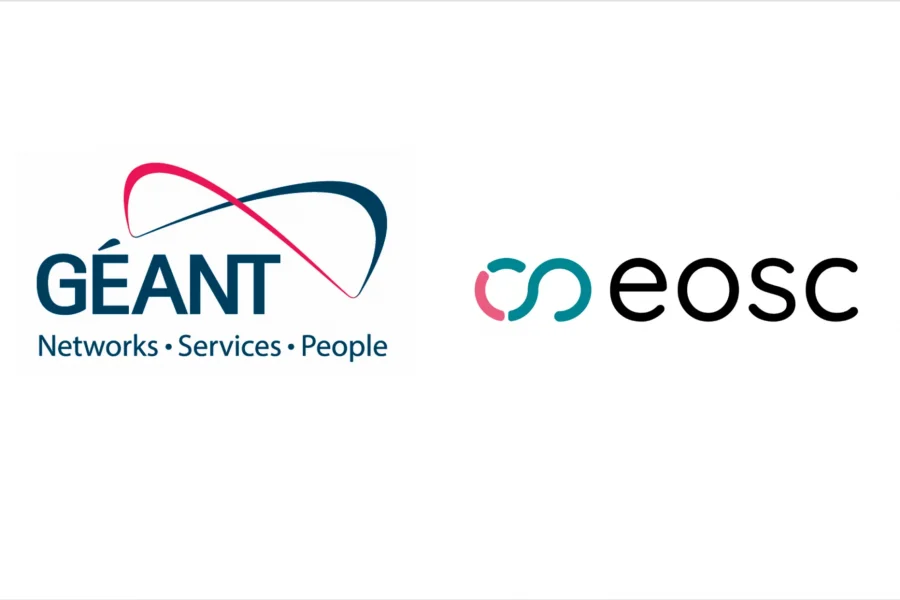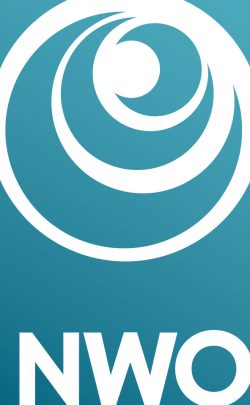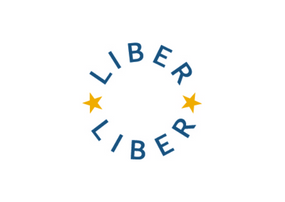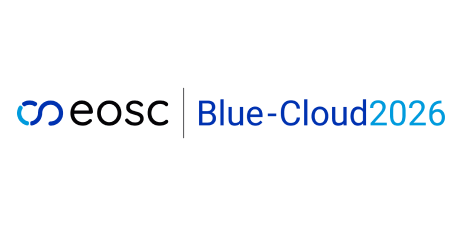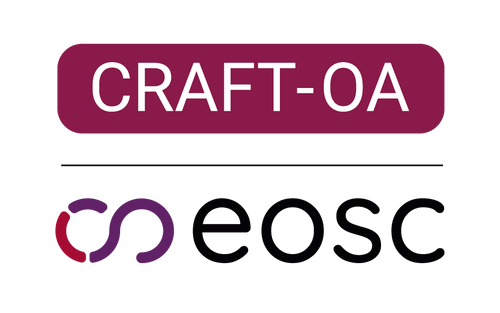
Netherlands
Overview
European Commission
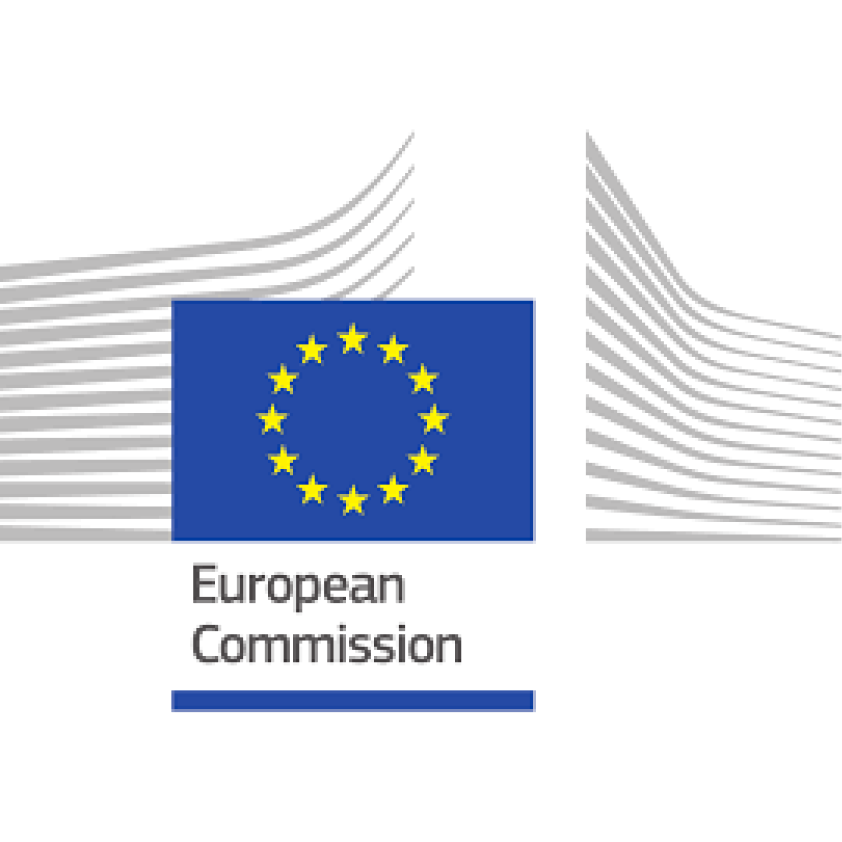
Mandated Organisation
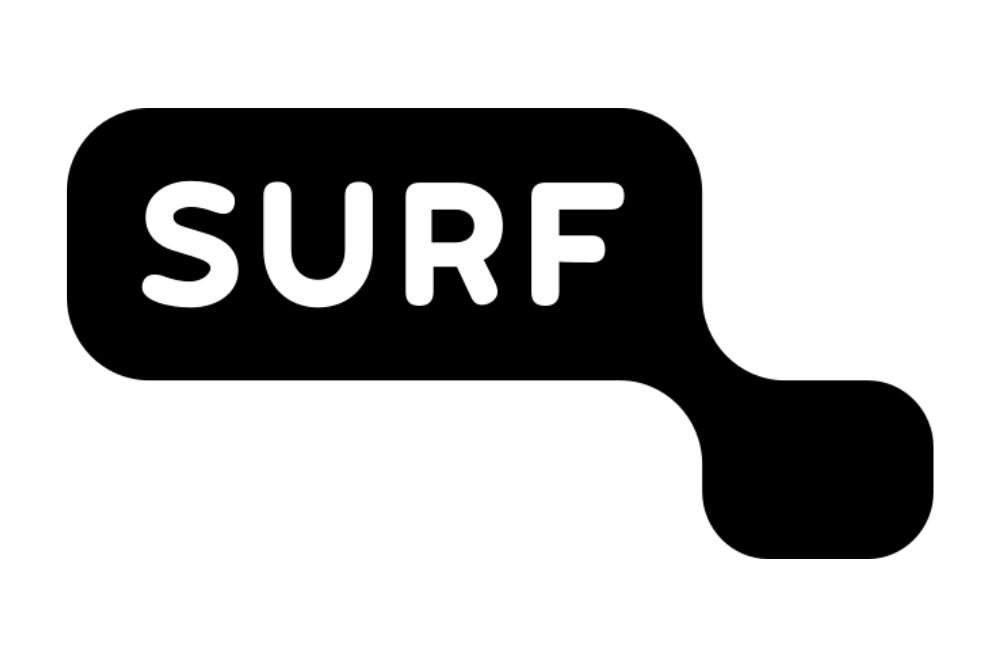
EOSC Steering Board representatives
Data management, open access, research software management and citizen science are topics which are not new to the Netherlands research community. Dutch researchers, research performing organizations, research funders and service providers are already for decades strongly committed to develop and implement Open Science principles and practices.
To strengthen and align bottom-up and top-down initiatives the National Programme Open Science (NPOS) was launched in 2017. The NPOS brought together national stakeholders in the Netherlands. The aim of the NPOS was to coordinate the transition to Open Science and to disseminate its importance. The responsibility to start and implement Open Science activities lies with the various organisations involved.
In 2022 the NPOS delivered a document with an overarching ambition: ‘By 2030, scientific knowledge will be freely available, accessible, and reusable for everyone. Open Science in the Netherlands will be embedded as a standard practice across all scientific disciplines from basic to applied sciences, in the natural, medical, social sciences and the humanities.’ This ambition is translated into four strategic goals:
- Towards societal engagement and participation.
- Towards inclusive and transparent scientific processes.
- Towards open scholarly communication.
- Towards FAIR and open research outputs.
To make progress with these strategic goals progress is needed in five areas.
- Development of new and more effective use of already existing open research infrastructures for effective and open knowledge sharing.
- Development of open knowledge practice skills in the relevant scientific communities.
- Investment in and the spreading of best practices and inspiring strong examples of effective knowledge sharing.
- Reform the rewards and recognition system to include open knowledge practices.
- Development of new and more effective use of existing policies and regulations.
An additional rolling agenda describes for all four strategic goals how progress in the five areas will be achieved.
The Dutch Research Council (NWO) is an important science funding body in the Netherlands and realises quality and innovation in science. NWO is committed to take the lead in the transition to Open Science. Since 2009, NWO has strived to ensure that all publications it funds are openly available. In 2016, NWO introduced its research data management policy which aims to make research data generated as part of NWO funded projects as open and FAIR (findable, accessible, interoperable and reusable) as possible. The transition to Open Science requires a change in the way researchers are assessed. NWO is committed to modernise the way academics are recognised and rewarded. Where possible, NWO supports Open Science infrastructures and services. ZonMw stimulates health research and care innovation throughout the entire knowledge chain from fundamental research to implementation. Through various subsidy programmes they promote and fund development and practical application in the area of prevention improvement, care and health. ZonMw facilitates openness across knowledge and innovation communities to maximise the benefits society gains from their work. ZonMw requires researchers to make all publications resulting from scientific research, that is wholly or partially subsidised by ZonMw, available via Open Access. ZonMw’s policy, procedures, practical guidance, and initiatives are aimed at the creation of reusable data and reuse of existing data.
ZonMw’s approach is guided by the FAIR principles to obtain data that are findable, accessible, interoperable and reusable. By recognising and rewarding researchers in a new way, ZonMw is funding research that fits the changing role of science in society.
In 2023 major funding for Open Science in the Netherlands comes from the newly founded organ ‘Open Science NL’, which is investing 20million euros annually for the next decade, best practices, and other related projects. The Netherlands first EOSC National Tripartite Event took place in Utrecht on the 11th of April 2023.
Digital Competence Centers
In 2020 NWO launched a call for the setting up or further development of local Digital Competence Centers (LDCC). Research performing organisations could use this funding to appoint data stewards and/or research software engineers for an existing DCC or the central setting up of a new DCC within the organization. The DCC provides training, advice and practical support to researchers, data stewards and software engineers. SURF plays a role in technically facilitating and coordinating the secure, federated system that must interconnect the DCCs and in supporting the DCCs in knowledge sharing.
Complementary to the local DCC the scientific field and NWO are jointly establishing thematic Digital Competence Centers (TDCC). There will be three thematic DCC networks, bringing together scientists in three ‘domains’: Life Sciences & Health (LSH), Natural and Engineering Sciences (NES) and Social Sciences and Humanities (SSH). The thematic DCCs will support researchers who will work together on specific domain projects across the boundaries of their own institution. They will collaborate closely with the local DCCs. The TDCC’s in the Netherlands might be taking into account as building blocks for the EOSC-nodes that were introduced on the EOSC Symposium in September 2023.
Open Science
The ministry of Education, Culture and Science and the ministry of Economic Affairs and Climate Policy are members of the EOSC steering board.
DANS, TU-Delft, University of Amsterdam, Utrecht University, CLARIN-ERIC, EGI Foundation, GEANT Association, GO-FAIR foundation and Stichting LIBER are members of the EOSC-A.
National Events
National Tripartite Event Netherlands
The second EOSC National Tripartite Event in the Netherlands will take place on May 22nd (09:00 – 13:00) in Utrecht at the SURF conference facility. The event aims to inform Dutch stakeholders about the decision-making process...
Policies
The Dutch government is of the opinion that publicly funded research should be freely accessible (100% Open Access). This was the position outlined by State Secretary in a letter (in Dutch) to the Dutch House of Representatives in November 2013.
In December 2021 the Dutch government underpinned the importance of Open Science with a statement in the coalition agreement which stated that Open Science will be the new norm.
The Netherlands Code of Conduct for research integrity states that ‘in accordance with the FAIR principles, data is open and accessible to the extent possible and remains confidential to the extent necessary.
UNL, KNAW, NWO acknowledge that the remuneration and promotion policy of knowledge institutions must reward open science initiatives in order to make these initiatives mainstream. From 2021 onwards, open science will be an integral part of the Strategic Evaluation Protocol for the evaluation of research groups at knowledge institutions.
Institutional policies
Research performing organizations have policies and protocols in place for Open Access and FAIR data management. Policies and protocols for research software management are under development. Best practices around Citizens Science are shared.
National Program Open Science NPOS-2030
Open Science 2030 in the Netherlands: NPOS2030 Ambition Document and Rolling Agenda
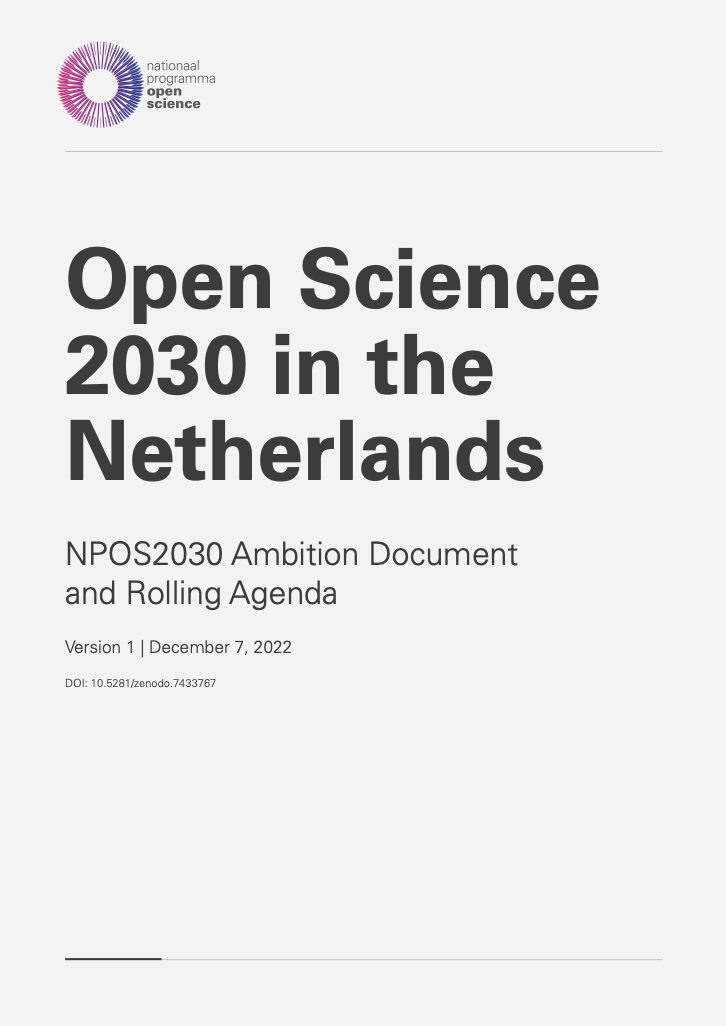
Open Science 2030 in the Netherlands: NPOS2030 Ambition Document and Rolling Agenda
Download nowEOSC in Practice
Embracing the principles of transparency, reproducibility, and accessibility, these examples highlight the innovative approaches adopted by researchers across various disciplines. From open data sharing and collaborative platforms to pre-registration and open peer review, these practices enhance scientific integrity and contribute to the advancement of knowledge.
People
-
Laurents Sesink – SURF
News from Netherlands
Members and Observers from Netherlands
EU Projects
Please find here the EOSC-related projects where members from this country are involved as partners.










































